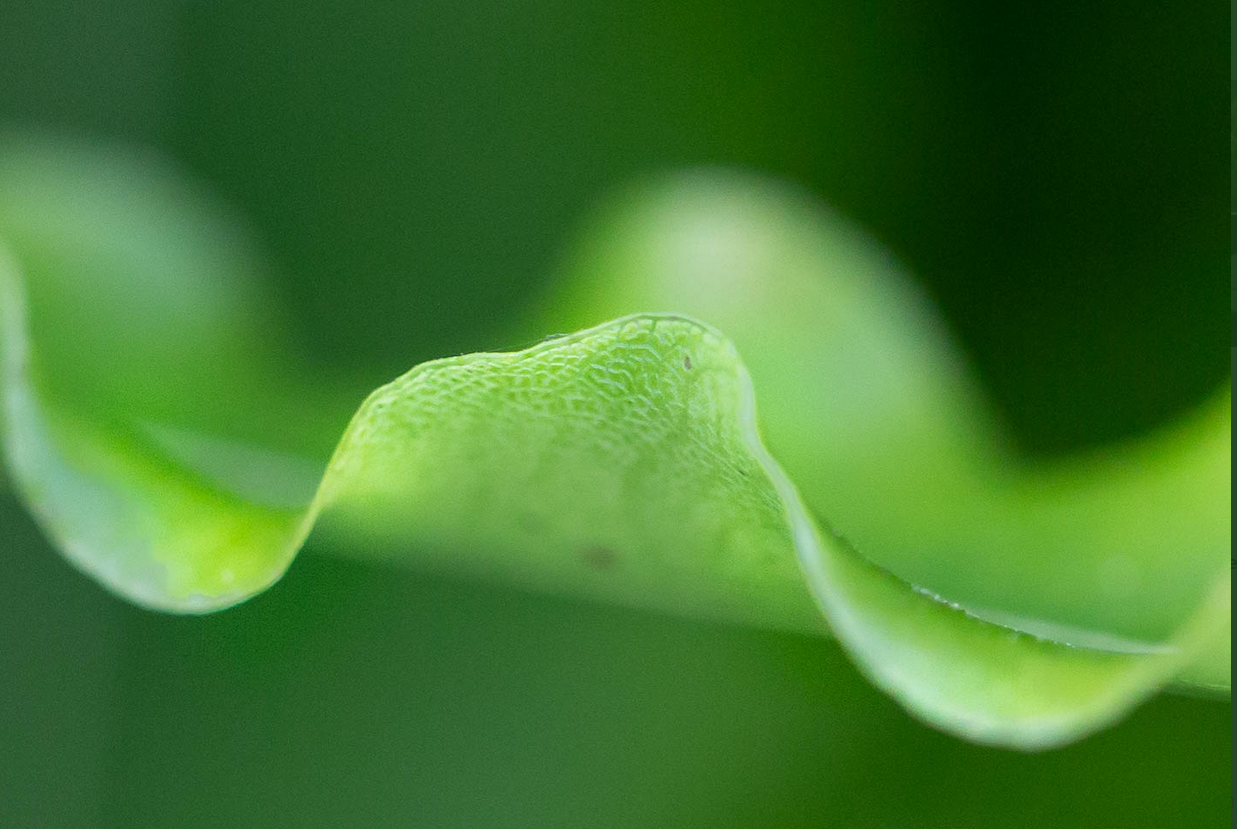Joannes de Mediolanus’ 1528 cookbook is full of intriguing accounts of what food does to bodies and bodies do to food. Here, he prescribes onions as
- an aphrodisiac
- an antidote for dog bites
- a tremendous cure for baldness
- and warts
- the opposite of a cognitive enhancer
(Spelling has been modernized.)
Onions sodden and stamped restore hairs again, if the place where the hairs were be rubbed therewith. This is of truth when the hair goeth away through stopping of the pores and corruption of the matter under the skin. For the onions open the pores and resolve the ill matter under the skin and draw good matter to the same place. And therefore, as Avicen saith, oft robbing with onions is very wholesome for bald men.
Wherefore the text concludeth that this rubbing with onions prepareth the beauty of the head: for hairs are the beauty of the head.
For a farther knowledge of onions’ operation, witteth that they steer to carnal lust, provoke the appetite, bring color in the face. Mingled with honey they destroy warts, they engender thirst, they hurt the understanding (for they engender an ill gross humour), they increase spittle, and the juice of them is good for watering eyes and doth clarify the sight, as Avicen saith.
Farther note that onions, honey and vinegar stamped together is good for biting of a mad dog.


